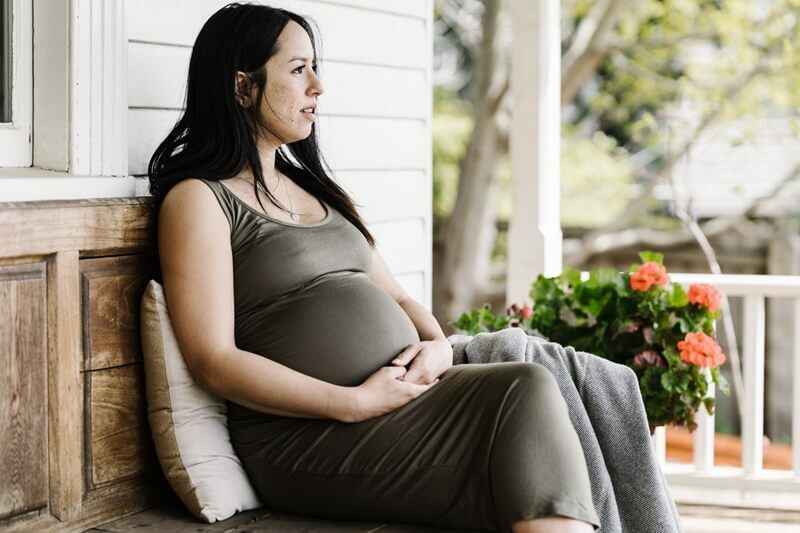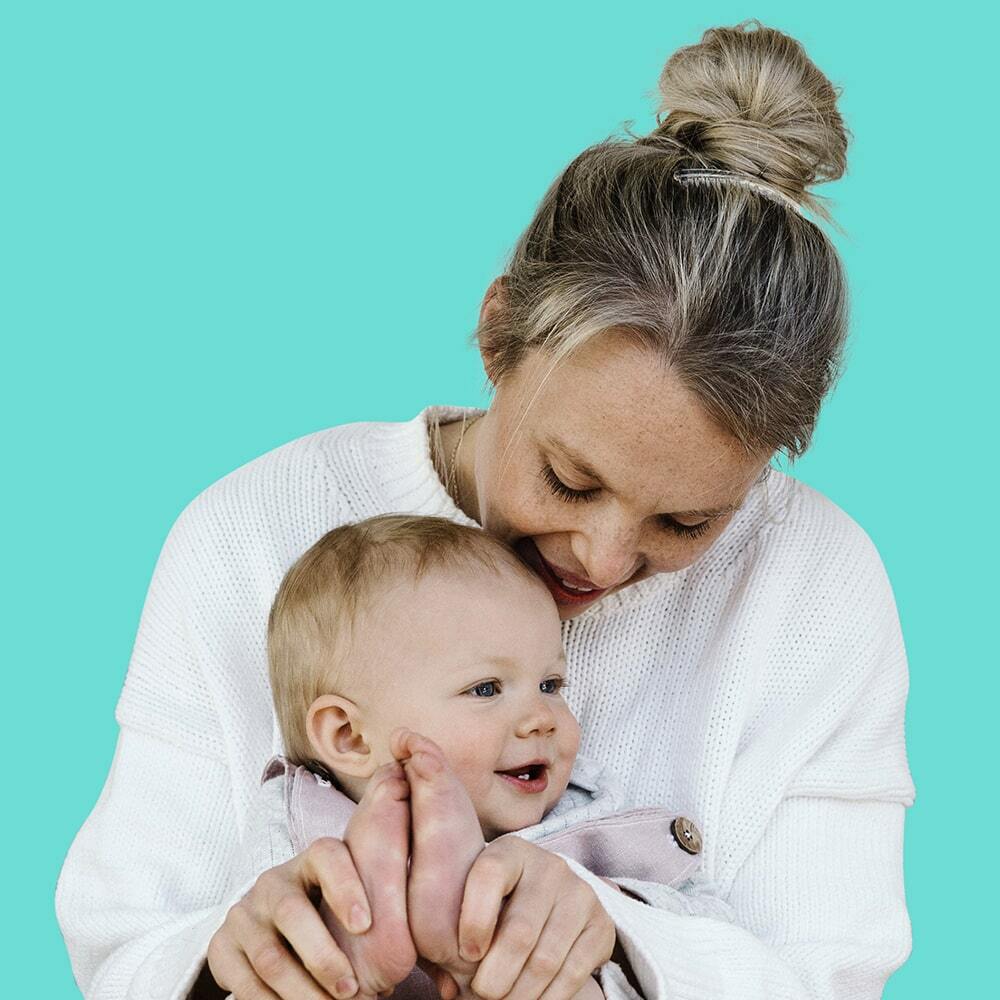Grant Awarded for Research into Mitochondrial Donation
16 March 2023

16 March 2023

Federal Health Minister Mark Butler has announced a research team from Melbourne, that includes experts from Monash IVF, Monash University and the Murdoch Children’s Research Institute, have been successful in their application for a Medical Research Future Fund (MRFF) grant to test the safety, efficacy and feasibility of mitochondrial donation.
Monash IVF Group Medical Director Prof Luk Rombauts, one of the chief investigators on the project, said the grant would allow the team to run a pilot program, including a clinical trial to help determine whether mitochondrial donation could be introduced into clinical practice in Australia.
“Monash IVF is thrilled to be a collaborator on such an important research project that has the potential to change the lives of many Australian families,” Prof Rombauts said.
“The aim of mitochondrial donation is to ensure only healthy mitochondria, the powerhouses of our cells that are vital to our survival, are passed on to an embryo by minimising the risk of prospective mothers passing on devastating mitochondrial disease to their children.”
Used in conjunction with in-vitro fertilisation (IVF), mitochondrial donation techniques allow an embryo to be created which contains the:
The Monash IVF Group Chief Scientific Officer Associate Professor Deirdre Zander-Fox, who is also a chief investigators awarded the MRFF grant, said the five-year research project would help improve the health and wellbeing of thousands of Australians.
“Every week in Australia, it’s estimated one child is born with a severe form of mitochondrial disease, which can lead to premature death or a lifetime of debilitating illness and disability,” Associate Professor Zander-Fox said.
“By introducing mitochondrial donation, we can prevent some children from suffering from this life-threatening disease and reduce the burden of mitochondrial disease on families and our health system.
“Mitochondrial donation cannot cure people with existing mitochondrial disease or prevent mitochondrial disease caused by mutations in an individual's nuclear DNA, but it can help minimise the risk of a child inheriting mitochondrial disease from their mother.”
The awarding of the MRFF grant to the Melbourne researchers comes almost a year after the Mitochondrial Donation Law Reform Bill (Maeve’s Law) passed Federal Parliament.
In line with the Act, mitochondrial donation techniques will initially be legalised for research and training purposes. Impacted families will be given access to the technology through a clinical trial to be funded by the MRFF grant.
The research project’s findings could then pave the way for mitochondrial donation to become more widely available through clinical practice.
For more information on the mitoHOPE program or to register your interest please visit: https://www.monash.edu/medicine/mitohope

Wherever you are on your journey, one of our supportive nurse enquiry team members can help you understand your options and take the next step. These conversations are free and informative.